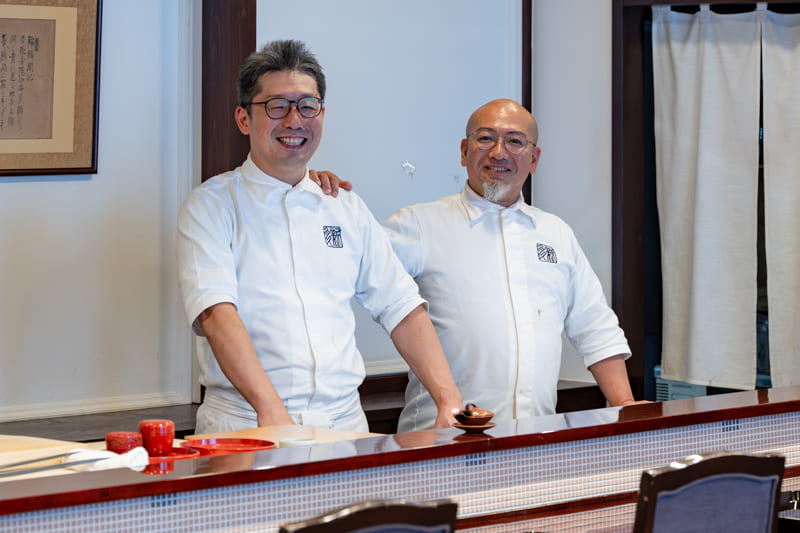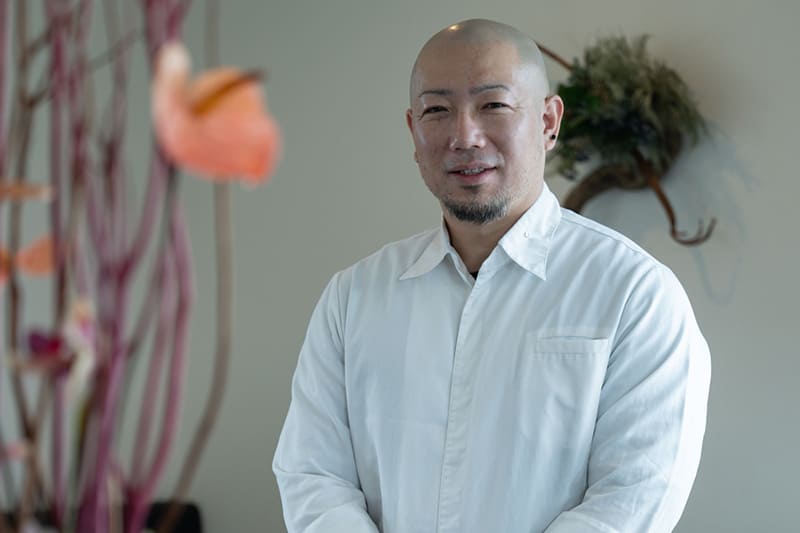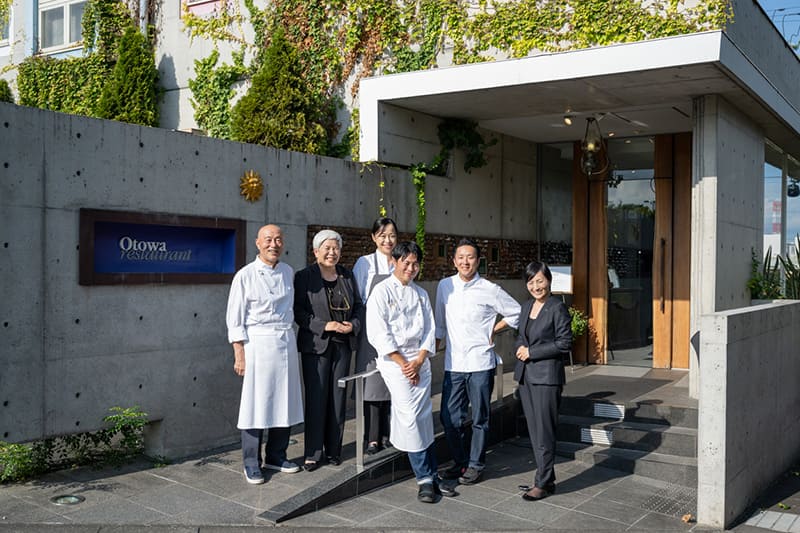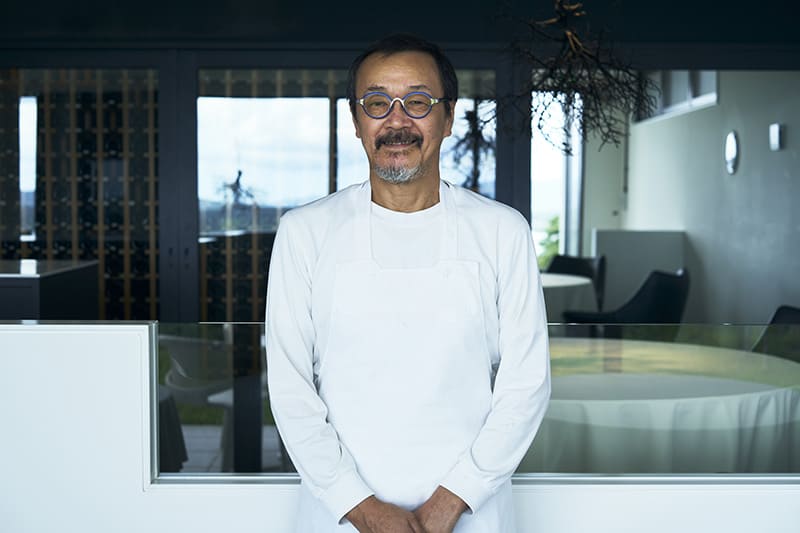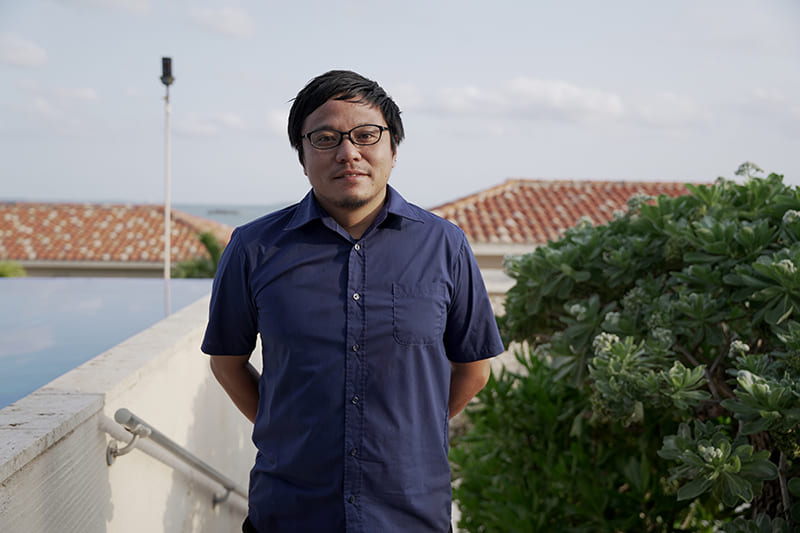May 02, 2025
Mauvaise herbe
Contributing writer
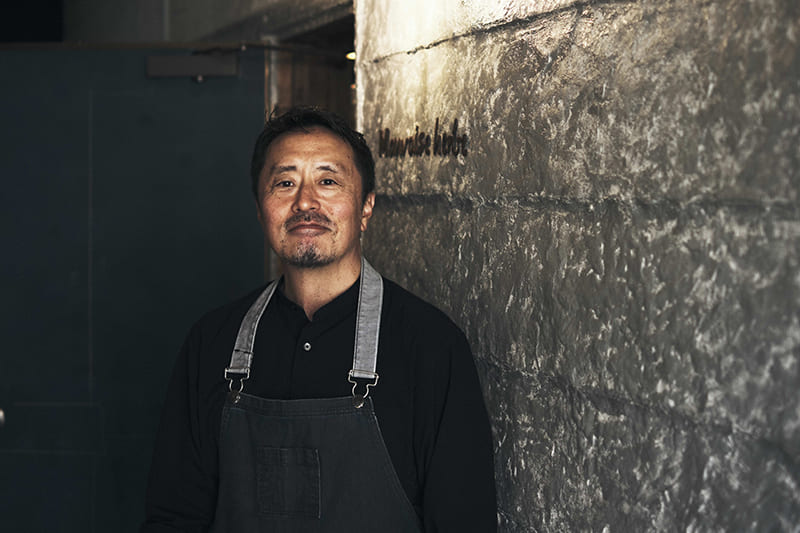
French restaurant explores Okinawan ingredients
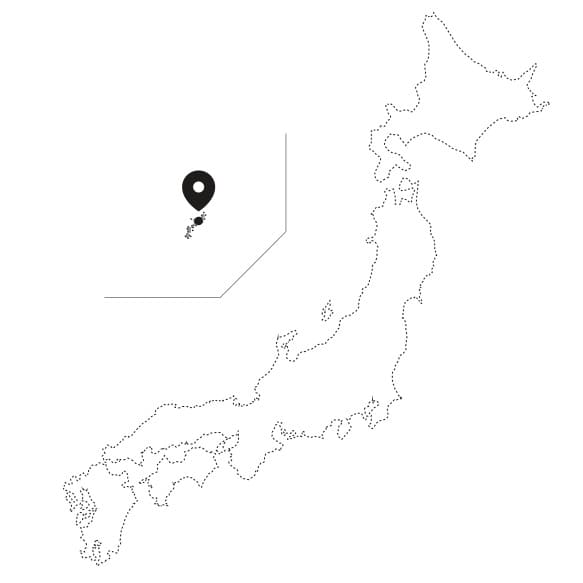
The enigmatic French restaurant Mauvaise herbe keeps its phone number and address unlisted, disclosing its location in the Okinawa city of Uruma only after a reservation is made online. A little over an hour’s drive from Naha Airport, it lies in an area packed with small Japanese-style bars — certainly not a location where you would expect to find a gastronomic restaurant.
Chef-owner Keiji Ojima explained his reason for choosing the site: “This is one of the narrowest parts of Okinawa’s main island from east to west, and both the ocean and the mountains are close by, so it’s easy to go and obtain ingredients.”
Born in Miyagi Prefecture, Ojima was raised in the Kanto region and Shizuoka Prefecture and trained in Tokyo. Along the way, he worked in Okinawa and felt an affinity for the region. After living and working in France for three years, he moved to Okinawa. In 2008, he launched the catering business Namae no Nai Ryoriten (Nameless Restaurant).
By the time he opened Mauvaise herbe, a restaurant with nine counter seats, in 2021, he was rumored to be the chef with the deepest knowledge of Okinawan ingredients. He said this came about because he had been perplexed by the scarcity of local ingredients available on the local market, and this motivated him to build closer connections with producers. Today he even accompanies fishermen on their boats, where he uses a technique called shinkeijime (literally, nerve-tightening) to preserve the freshness of the just-caught fish. He also goes on hunts with hunters and then processes the meat in his own slaughterhouse.
What is more, no salt is used in his dishes. Ingredients such as shellfish liquid and squid intestines do naturally contain salt, and Ojima also makes wide-ranging use of his original vinegar, produced from fermented Okinawan Chinese cabbage and apple peel. In cooperation with producers, he is currently involved in the production of Ayahashi beef, a process in which cows that have been retired from calf-bearing and would normally be euthanized are refattened for two years before their meat is sold. Ojima’s Ayahashi beef roast is made without the use of salt or sauce. Instead, it is coated with vinegar and seasoned with the bitter and sweet flavors produced by pan searing.
It could be said that salt-free cooking is a cutting-edge method in French cuisine that has been practiced in pursuit of lighter, healthier dishes since the nouvelle cuisine movement began in the 1960s. What does it mean to make the most of local ingredients? Mauvaise herbe inspires us to think deeply about this question.
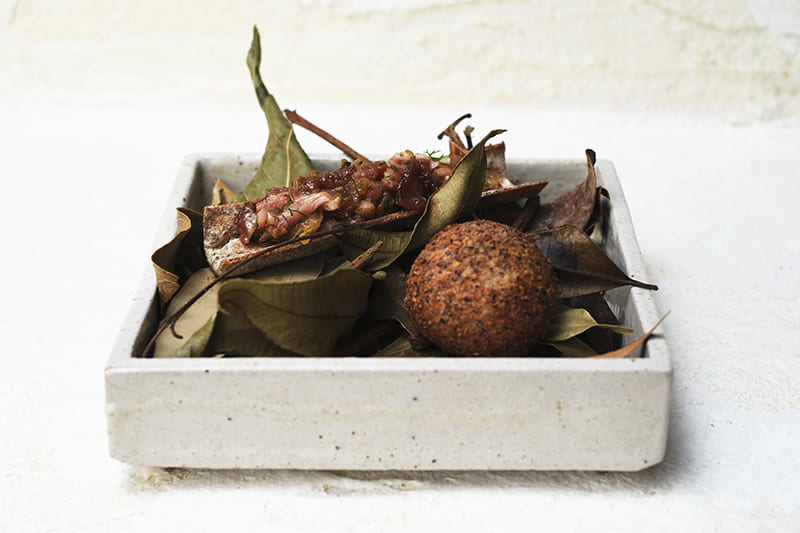
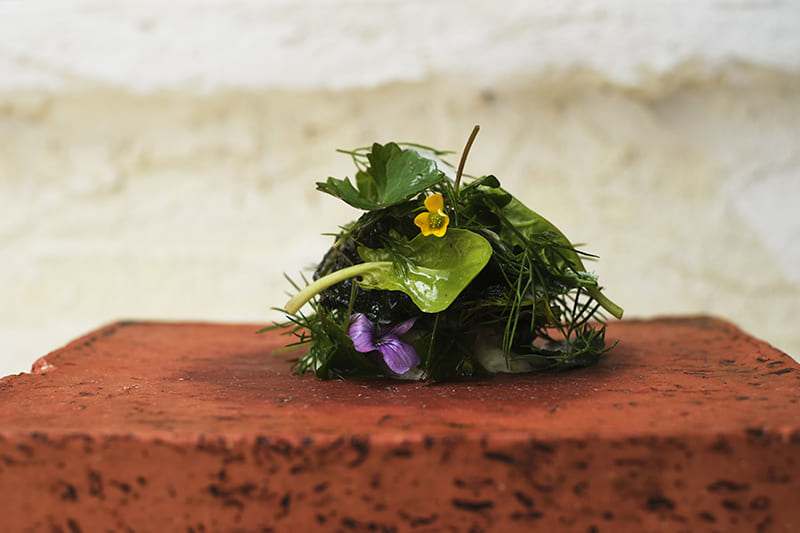
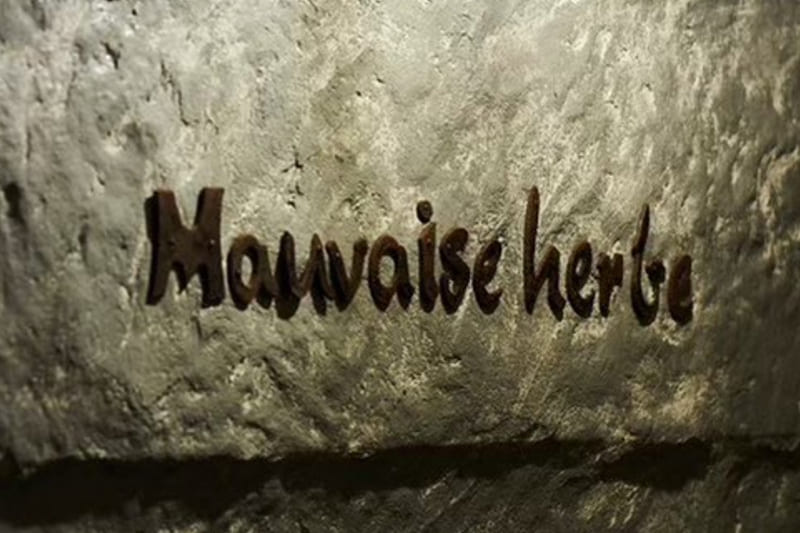
Address
Mauvaise herbe
Okinawa. Address and phone number will be provided upon reservation.
https://mauvaiseherbe.okinawa.jp/
Denny Tamaki
Governor of Okinawa Prefecture
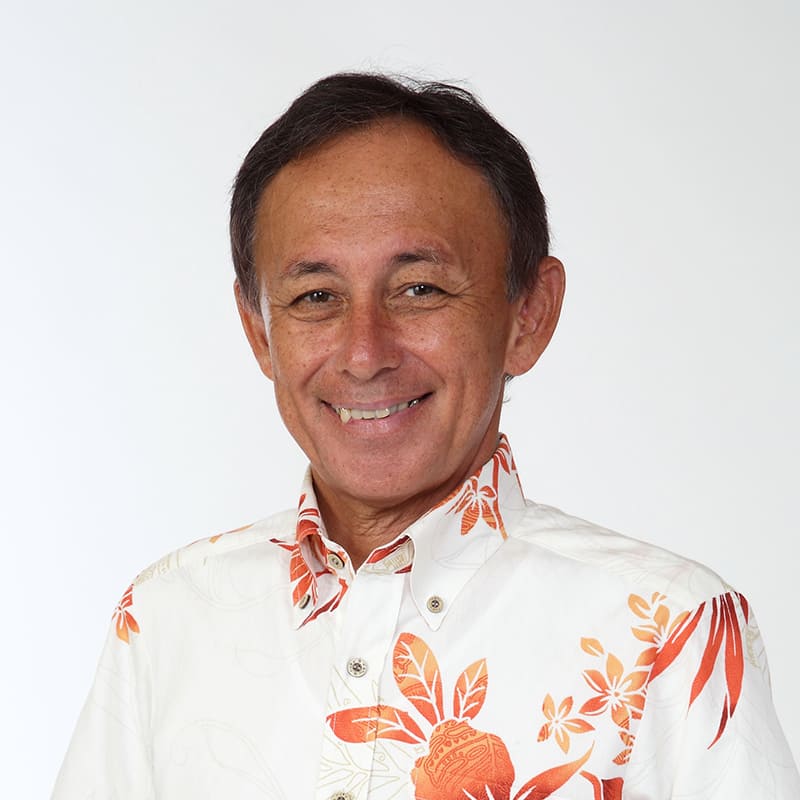
I am delighted to announce that Mauvaise herbe has been selected for the Destination Restaurants 2024 list.
The ingredients, cultivated in the rich natural surroundings of Okinawa, are a true treasure. The dishes crafted from them offer a unique opportunity to experience the beauty of Okinawa’s forests, seas, and mountains. Mr. Ojima’s cuisine delivers a deeply moving culinary experience that can only be found in this special place. I sincerely hope this recognition will help share the charm of Okinawa with a wider audience and inspire many to visit both Okinawa Prefecture and Uruma city.


